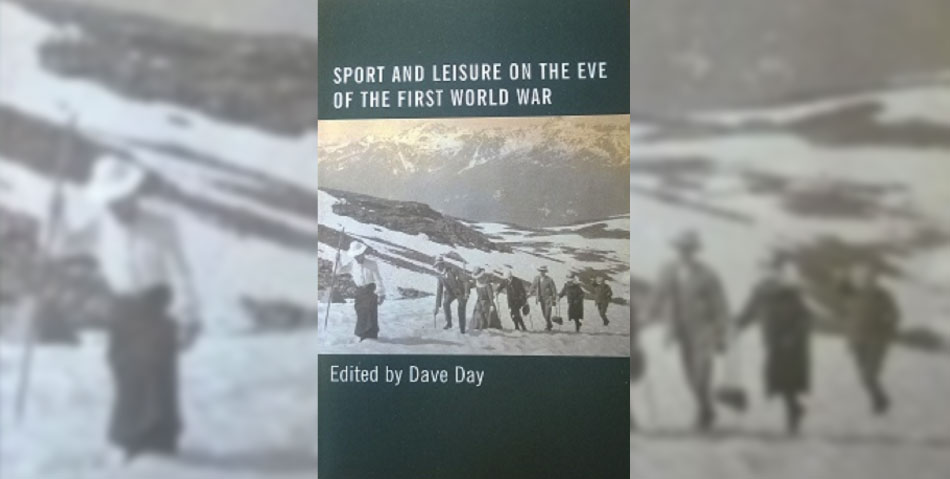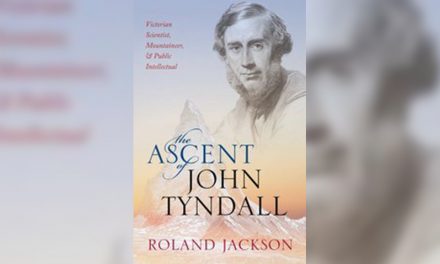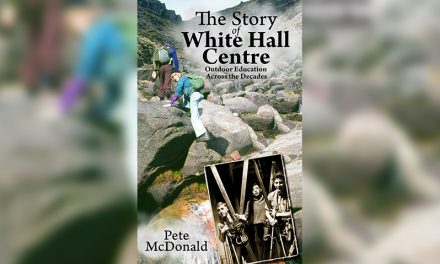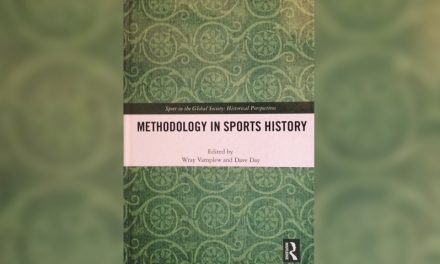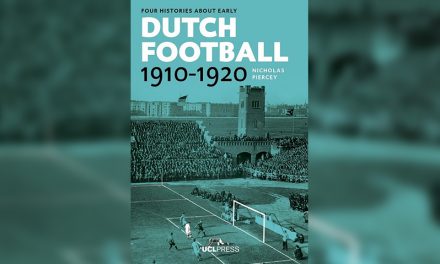Sport and Leisure on the Eve of the First World War
Edited by Dr Dave Day
This eclectic collection of papers has its origin in a symposium hosted by MMU’s Sport and Leisure History Research Team (SpLeisH). Contributors included leading European and UK academics like leisure historian Bob Snape, who addresses the relationship between sport, leisure and industrial welfare, before, after and during the War, and Doug Hope, who chronicles the concept of “International Friendships” that was a feature of the Co-operative Holidays Association in the years before the First World War. Given the importance of team sports to the sporting landscape of Europe it is no surprise that these figure prominently. Paul Newham discusses examples of crowd singing at football and rugby matches while Dejan Zec and Milos Paunovic consider the establishment of football before 1914 in the South Slavic lands, a location that has particular resonance given the events that led to the outbreak of War. Iain Adams takes the story of football into the early stages of the conflict with his discussion on stories surrounding fraternization in the trenches at Christmas and Mark Rowe challenges some of the myths surrounding the so-called “golden-age” of cricket that supposedly characterized the immediate pre-War period. Individual sports are addressed by Stijn Knuts, who links Belgian cycling to regional and national identities, Jean-Francois Loudcher in his chapter on French boxer Georges Carpentier, and Simon Eaves, who tackles the previously hidden history of coaching the context of Australasian lawn tennis. Coaching also provides the focus for Dave Day in his examination of how the British struggled to reconcile the 1912 Olympics. Taken together these papers emphasize the variety of leisure and sporting activities in this period as well as their international significance.
An MMU Sport and Leisure History Publication
£9.99 Order online here

